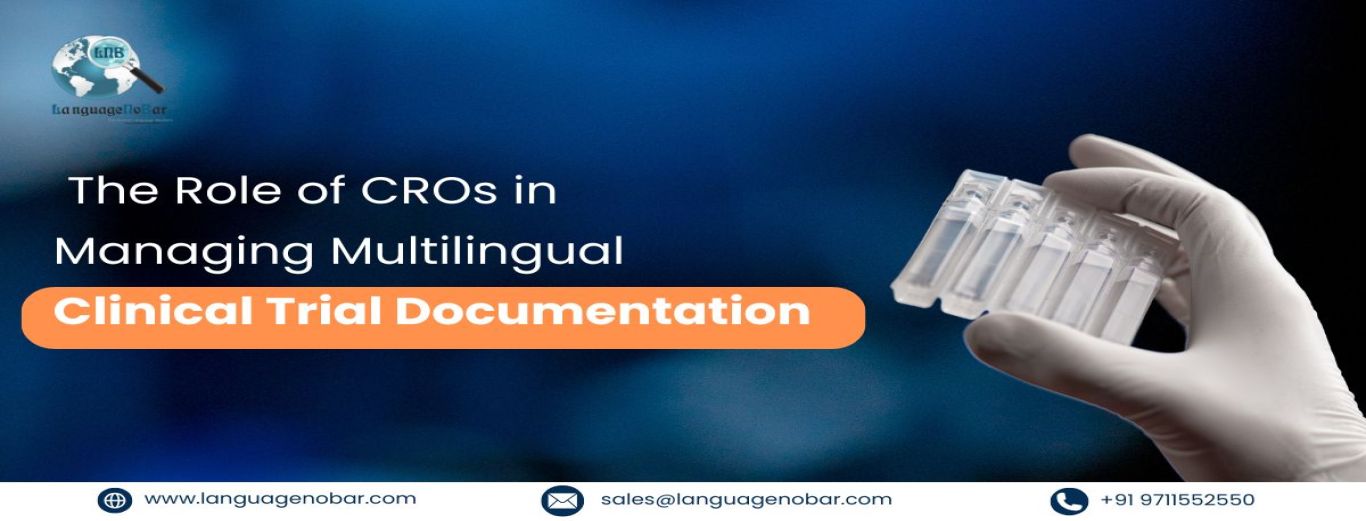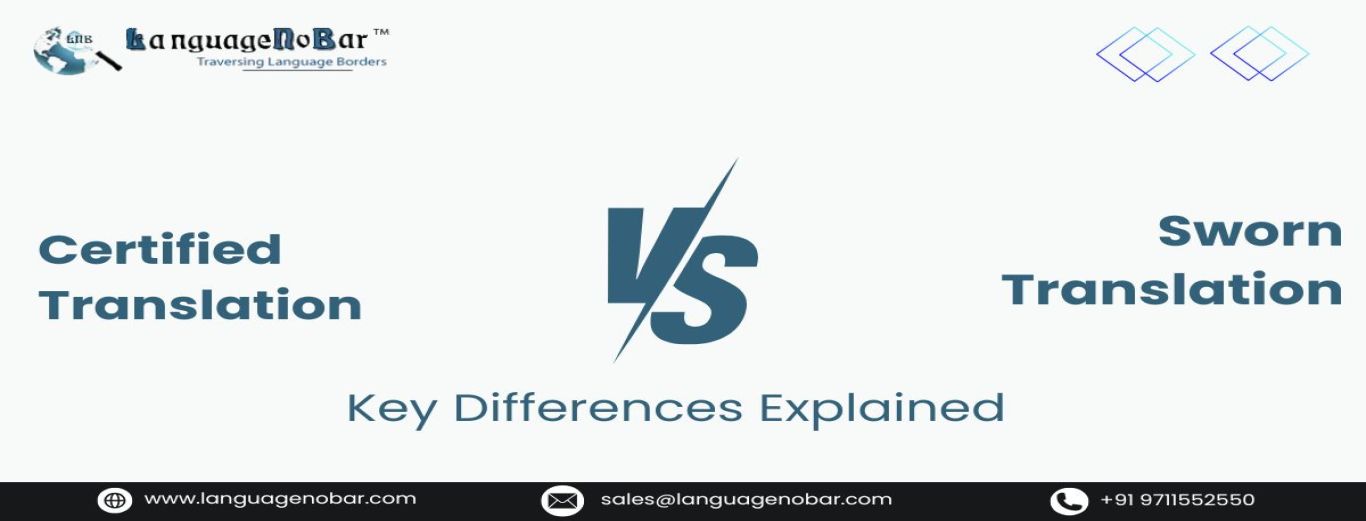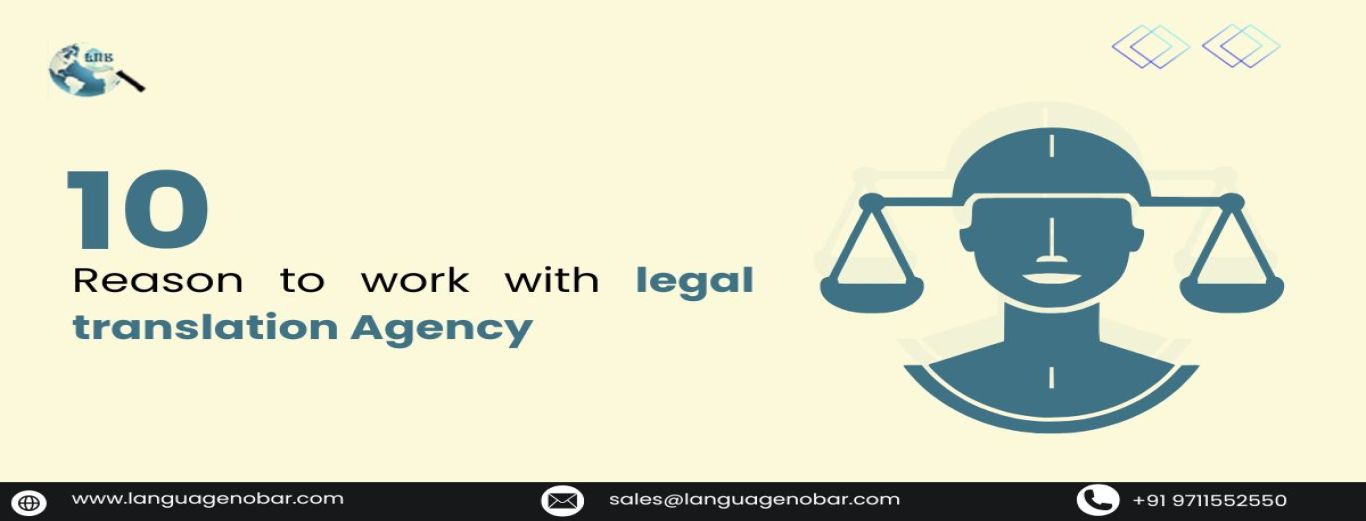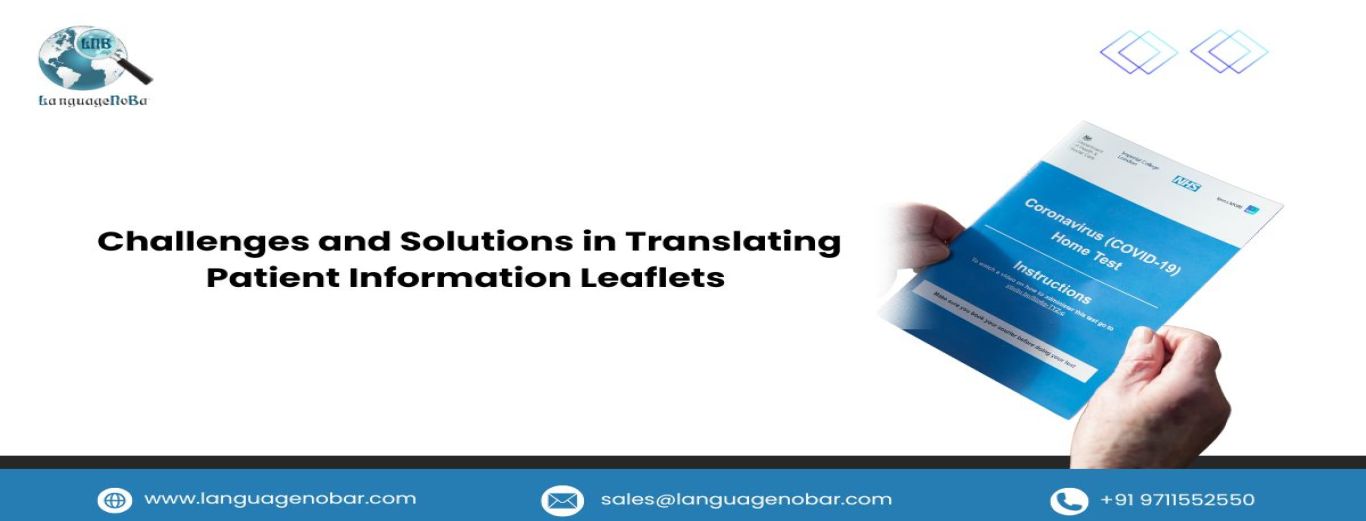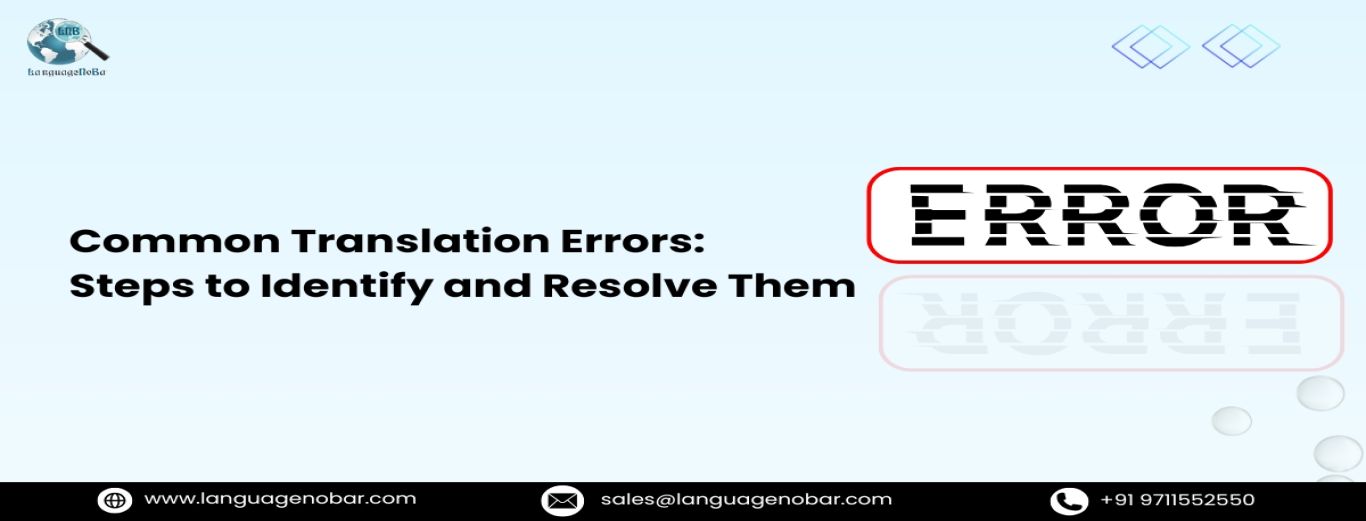How to Ensure Accuracy, Cultural Sensitivity, and Localization in Document Translation
- Document Translation
- Comments (0)
In today's globalized world, translation has become an essential part of business and communication. Companies operating in different countries require their documents to be translated into the local language, and sometimes, even within the same country, translation is required for different dialects. But it's not just about converting words from one language to another; it's about ensuring that the translation is accurate, culturally sensitive, and localized. Let’s explore how to achieve these goals in document translation.
Let’s see why Accuracy is an important factor:
Accuracy is essential to ensure that the translated text conveys the same message as the original text. For instance, any inaccuracies in Arabic to Hindi premium translation can lead to misunderstandings, confusion, and even legal problems.
To ensure accuracy, it's important to work with professional translators who are native speakers of the target language. These translators will have a deep understanding of the language, culture, and idioms, ensuring that the translation is both accurate and culturally appropriate.
Another key aspect of accuracy is proofreading. A translation should always be proofread by a second linguist to check for any errors, omissions, or inconsistencies. This process ensures that the final product is error-free and conveys the intended message.
Cultural Sensitivity to eliminate the differences:
Cultural sensitivity is another crucial factor in document translation. It's important to ensure that the translation takes into account cultural nuances and differences, as what may be acceptable in one culture may not be in another.
For example, humor, sarcasm, and idioms can be difficult to translate, as they may not have a direct equivalent in the target language. A skilled translator will be able to identify these cultural nuances and adapt the translation to ensure that it is culturally sensitive. For example, from English to Tamil translation will require complete accuracy with keeping in mind about cultural Sensitivity. As it’s very easy to misinterpret the words.
It's also important to be aware of any potential cultural taboos. For example, in some cultures, mentioning certain topics, such as religion or politics, may be considered inappropriate. A culturally sensitive translation will take these factors into account and ensure that the translation is appropriate for the target audience.
Let’s understand how to ensure Localization:
Localization is the process of adapting a product or service to meet the cultural, linguistic, and other requirements of a specific market. In document translation, localization involves more than just translating words; it requires a deep understanding of the target culture, including its customs, idioms, and even its legal system.
For example, legal documents may require different terminology depending on the jurisdiction. A skilled translator will be able to identify these differences and ensure that the translation is appropriate for the target audience.
Another important aspect of localization is formatting. Different languages may have different sentence structures, grammar rules, and even writing directions. A localized translation will take these factors into account and ensure that the translated document is formatted correctly.
In conclusion, accurate, culturally sensitive, and localized document translation is essential for effective communication in today's globalized world. By working with professional translators who are native speakers of the target language, proofreading the translation, taking cultural nuances into account, and adapting the translation to meet the specific requirements of the target audience, businesses can ensure that their documents are effectively translated and understood. LanguageNoBar - an elite translation agency in India that ensures error free translation at affordable prices with expert translators. We believe in a transparent process with the determination to deliver on time with complete customer satisfaction.
Related Blog :
STRATEGIZING MOBILE GAME LOCALIZATION
HOW IMPORTANT IS LOCALIZATION FOR SOCIAL MEDIA
HOW DO EDUCATIONAL TRANSLATION SERVICES BENEFIT INSTITUTIONS?


